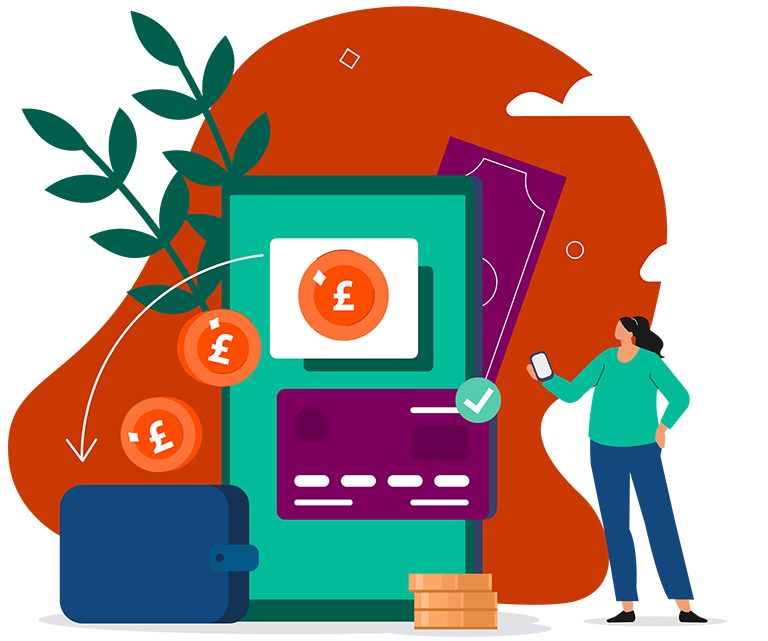Managing your money
Being short on money each month can feel unsettling. But there are ways to meet your needs and stay out of debt. Use this helpful guide to learn about setting up and sticking to budgets to stay in control of your money.

In this guide
Budgeting basics
Get to grips with all things budgeting and stay on top of your finances. Learn how to set and stick to a budget to strike a healthy balance between spending and saving.
39% of adults don't feel confident managing their money
– Financial Capability Survey
Tips for budgeting
Follow the steps below to help better manage your day-to-day and ongoing finances.
